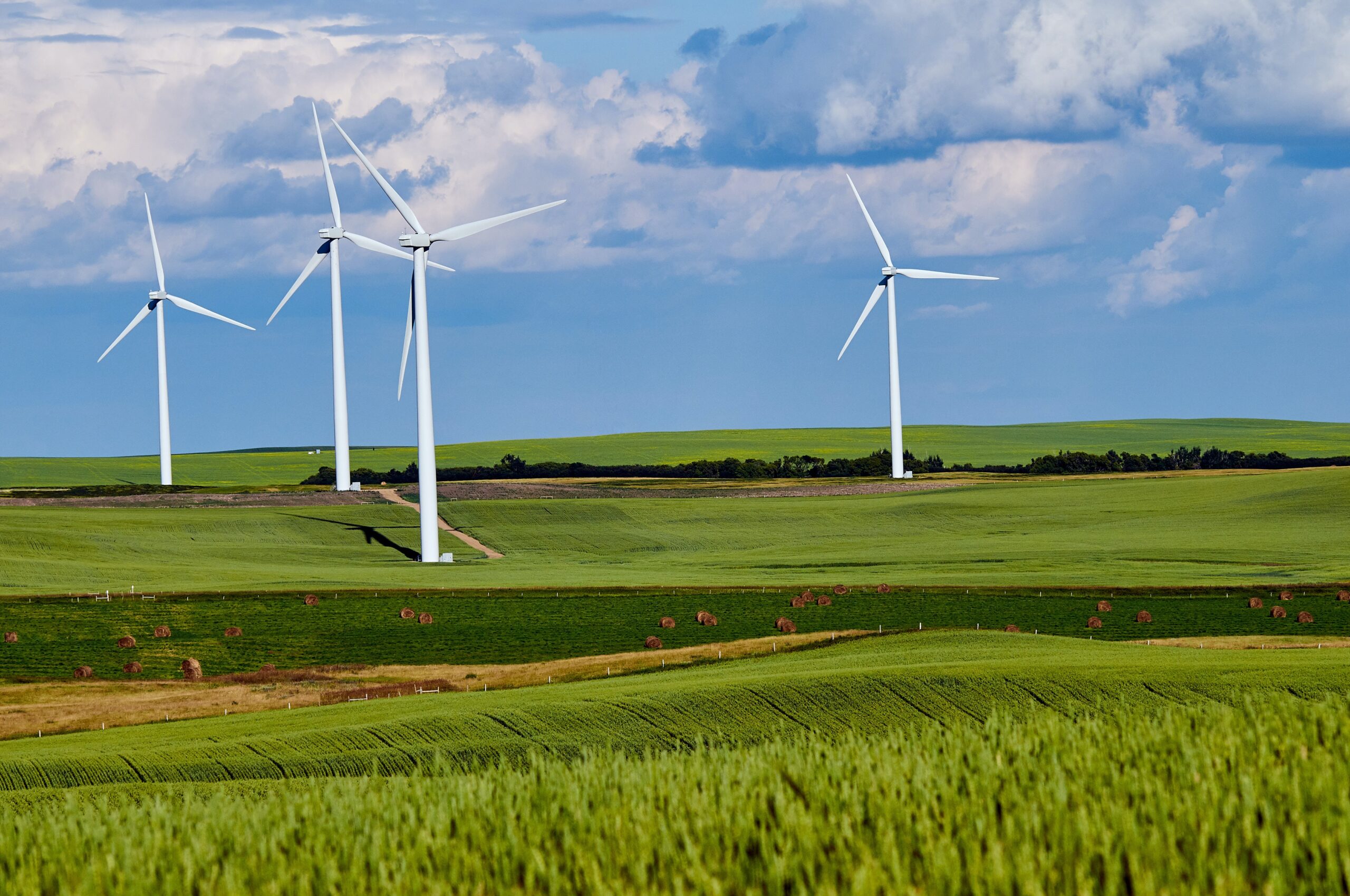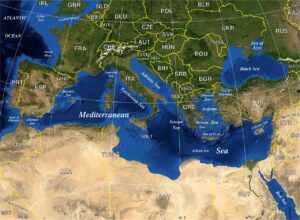Click here to download the full report (Italian only)
Click here to download the executive summary
By June 2023, EU Member States must submit to the European Commission their updated 10-year National Energy and Climate Plan (NECP) for 2020-2030 (1).
What is the NECP?
The NECP is the tool by which Member States identify policies and measures to achieve their energy and climate targets for 2030.
In practice, it is the framework of national implementation measures for the European emission reduction pledges made under the Paris Agreement (2). The Plans originate from the need for a governance for the framework and verification of the Member States’ commitment to reduce their emissions.
The submission of the NECP is an obligation stemming from the European Regulation (EU) 2018/1999 on the Governance of the Energy Union and Climate Action. The Regulation defines the timing, modalities, and minimum elements for the preparation of the Plans. The Plans, in turn, constitute the synthesis of the energy and climate policy of the Member States and, consequently, of the European Union for the 10-year periods(2020-2030, 2030-2040, etc.).
The NECP goes beyond the 2030 targets
The NECP is a central document in the policy-making of a country, and it goes beyond the energy and climate dimension.
The decarbonisation process implies the transformation of all sectors of the economy and society. We are moving from a world in which development and prosperity were strictly determined by the use of fossil fuels to a world in which this link is being progressively abandoned based on the timeframe and rate defined by science.
For the most developed countries, this means undergoing a path marked by intermediate milestones, which must be coherent with the long-term goal of achieving net zero emissions by 2050. The first of these milestones is 2030, and the NECP will define how we will reach it. How we build this path will determine the future prosperity of our societies.
A PNIEC for the benefit of all
A transformation of this magnitude must be governed, adequately financed, and must involve everyone.
In the process of revision of the NECP, we will have to make choices whose impact is crucial, as much as that of the resources and needs required to cope with the change. In practice, decarbonisation policies and measures will also affect individual citizens’ consumption. How can we make our homes more efficient? How will we travel? How can our manufacturing industry maintain its competitiveness while investing in its transformation towards carbon free production?
This is a momentous challenge. To successfully deal with it, we must be able to mobilise everyone to participate and to ensure a path of breadth, vision, and transparency in the writing of the revision of the NECP. Indeed, we can ensure an effective implementation of the Plan only through a real participation of all the representations (the business world, the employment world, civil society, local and regional administrations), because it involves from the beginning those who will be called upon to implement it.
Click here to download the full report (Italian only)
Click here to download the executive summary
NOTES
(1) Article 14 Regulation (EU) 2018/1999 of the European Parliament and of the Council of 11 December 2018 on the Governance of the Energy Union and Climate Action (Governance Regulation).
(2) The EU acts in the Agreement context as a single ‘regional’ subject (regional economic integration organization) and it can present a joint commitment. The last of these commitments, presented in 2020, provides for the reduction of 55% of net emissions by 2030, to draw the Union’s trajectory to achieve the climate neutrality target by 2050
Photo by Abby Anaday on Unsplash








